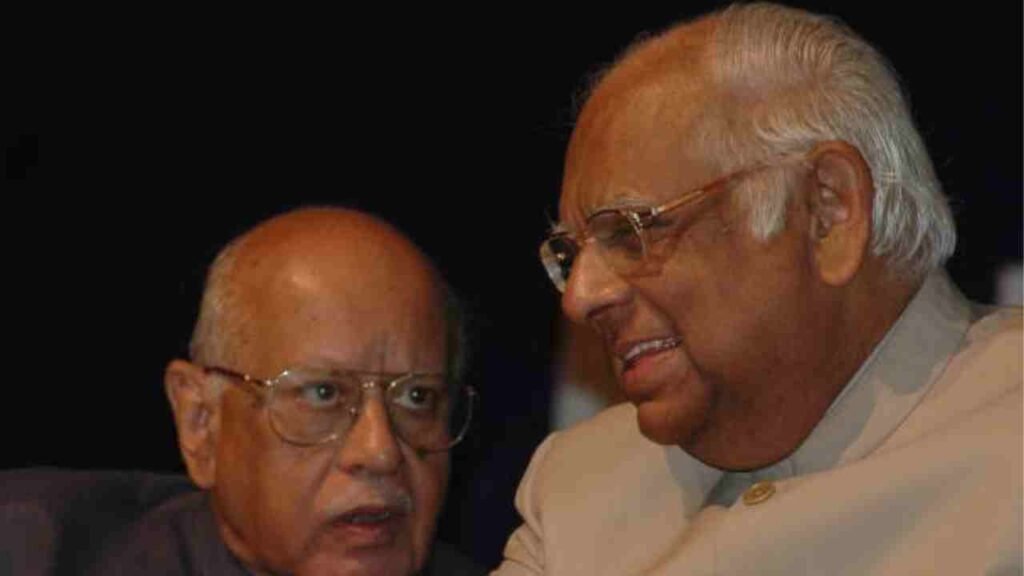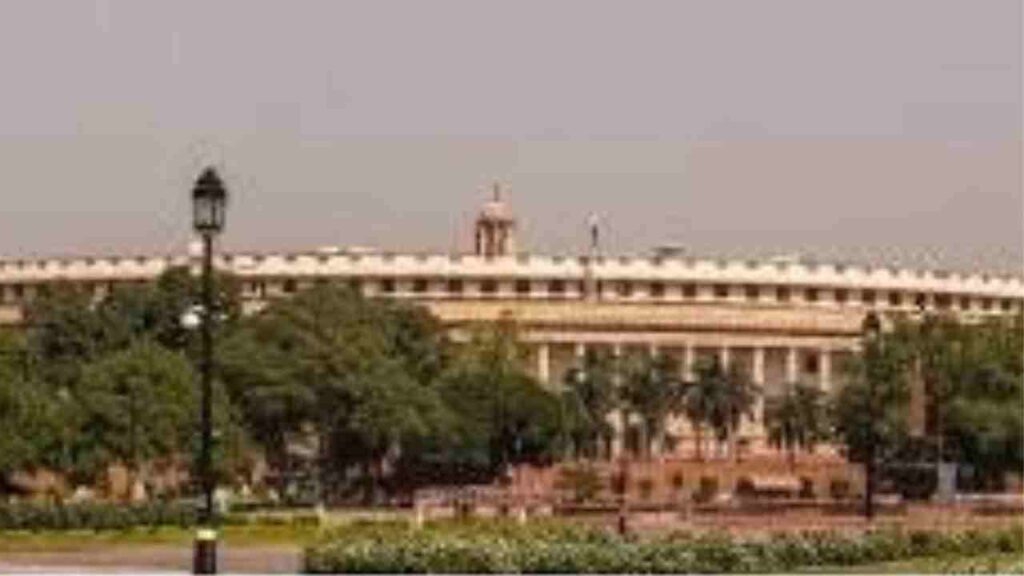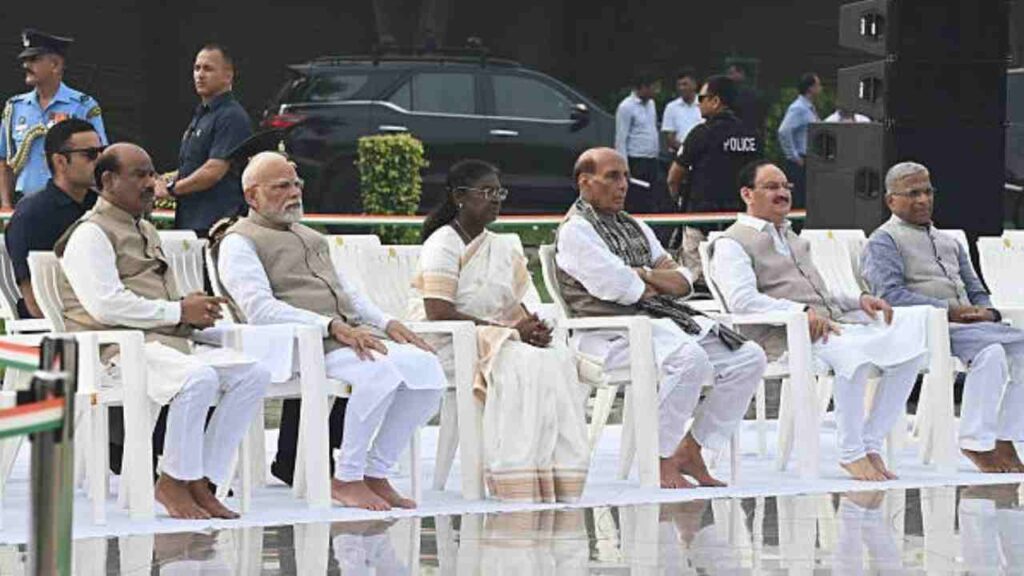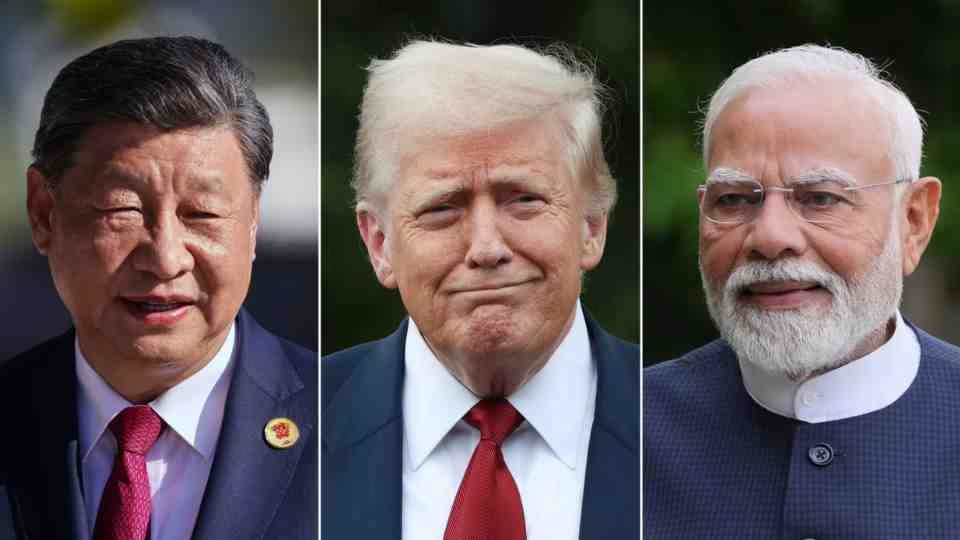Parliament to Consider Bills Targeting High-Profile Officials Facing Serious Criminal Charges
The Indian government plans to table legislation in the Lok Sabha on Wednesday that would establish automatic removal procedures for senior elected officials, including the Prime Minister and Chief Ministers, who face extended detention on serious criminal charges.

Key Provisions at a Glance
The proposed bills would affect the highest levels of government, targeting situations where officials are:
- Arrested and held in custody for 30 consecutive days
- Facing charges carrying potential sentences of five years or more
- Unable to fulfill their constitutional duties while detained
Constitutional Changes Under Consideration
The legislation proposes significant amendments to India’s constitutional framework, specifically targeting:
Articles to be Modified:
- Article 75 (relating to Union Ministers)
- Article 164 (concerning State Ministers)
- Article 239AA (governing Union Territory administrations)
- Section 54 of the Jammu and Kashmir Reorganisation Act, 2019
Removal Mechanisms Proposed
For Union Territories
The bills outline a specific process for Jammu and Kashmir, where a new clause (4A) would be added to existing legislation. Under this provision, detained ministers would face automatic removal by the Lieutenant Governor, typically following advice from the Chief Minister. Should such advice not be provided within the 31-day window, the removal would occur automatically.
For State and Union Governments
Similar mechanisms would apply across all levels of government, creating uniform standards for handling situations where senior officials face prolonged detention on serious charges.
Government’s Rationale
According to the official Statement of Objects and Reasons accompanying the legislation, the government emphasizes the need to preserve “constitutional morality” and maintain public confidence in democratic institutions.
The statement argues that elected representatives carry the public’s trust and aspirations, yet current constitutional provisions lack clear mechanisms for addressing situations where sitting officials face serious criminal allegations while in custody.
Officials stress that ministerial conduct should remain “beyond any ray of suspicion,” noting that detained ministers facing serious charges could potentially undermine good governance principles and erode public trust in democratic institutions.

Timing and Legislative Process
The bills are scheduled for introduction in Parliament’s lower house today, marking the beginning of what could be a significant constitutional reform process. The legislation represents an attempt to address gaps in existing frameworks that govern the conduct and tenure of India’s highest elected officials.
This proposed amendment reflects growing concerns about maintaining institutional integrity while balancing the principles of democratic representation with accountability for serious criminal conduct.






